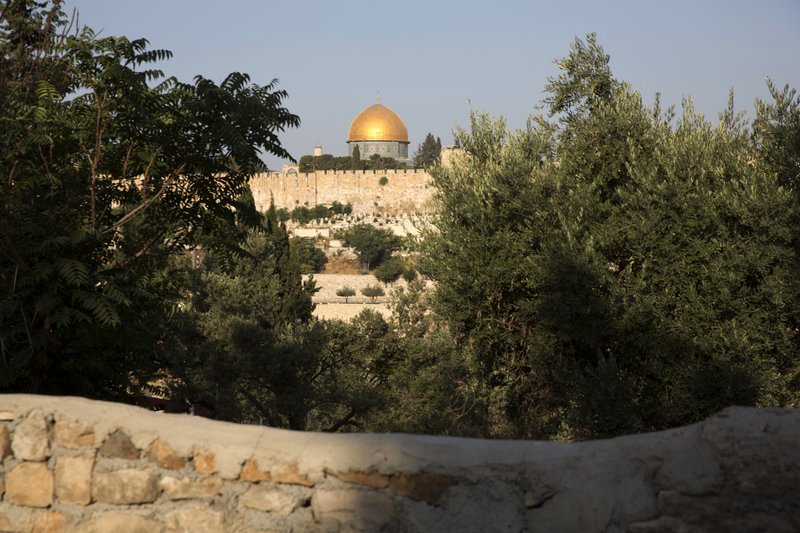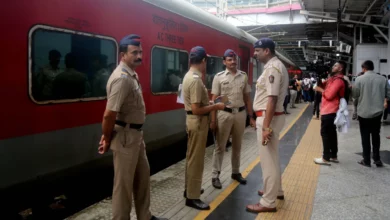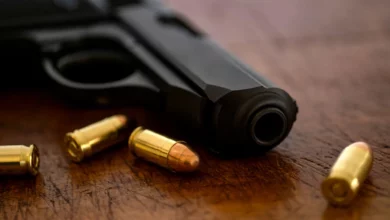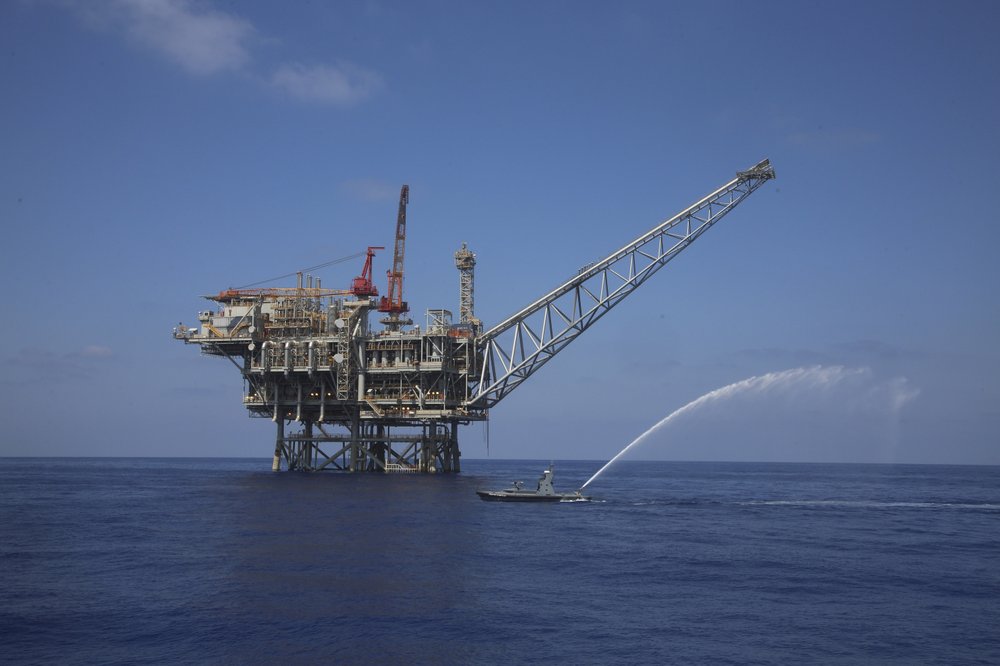
A deadly shooting at Israel’s Embassy in Jordan further complicated Israeli government efforts on Monday to find a way out of an escalating crisis over Jerusalem’s most contested holy site, including mass Muslim prayer protests and Israeli-Palestinian violence.
The shooting, in which an Israeli security guard killed two Jordanians after being attacked by one of them with a screwdriver, came as a US envoy headed to the region to try to defuse the crisis over the shrine.
The trip by Middle East envoy Jason Greenblatt was the first sign of a high-level, on-the-ground involvement by the Trump administration to end the standoff between Israel and the Muslim world.
The escalation began earlier this month when Arab gunmen fired from the holy site, killing two Israeli policemen. In response, Israel installed metal detectors at the site, a move that incensed the Muslim world.
Jordan is the Muslim custodian of the Jerusalem site, which is also revered by Jews and has played a key role in efforts to end the standoff.
The shooting at Israel’s embassy in the Jordanian capital of Amman is bound to raise friction between the two countries and further inflame Jordanian public opinion against Israel.
The Amman shooting took place on Sunday evening in a residential building used by the embassy staff, Israel’s Foreign Ministry said.
The ministry said the incident began when two Jordanian workmen arrived at the residential building to replace furniture. It said one of the workers, identified by Israeli media as a 17-year-old of Palestinian origin, attacked an Israeli security guard with a screwdriver.
The guard opened fire, killing the teen, the media reports said. A second Jordanian, the owner of the building, was hit by gunfire and later died of his wounds. Jordanian police said the building owner was a physician. The Israeli guard was lightly hurt, the media reports said. Israeli media said Jordan has demanded to conduct an investigation and has prevented Israeli Embassy staff from leaving the premises. Jordanian government officials were not immediately available for comment.
The Israeli Foreign Ministry did not refer to a possible standoff in its statement, but said the guard has diplomatic immunity under international conventions.
An Israeli government official would not say whether the security guard was being prevented by Jordanian authorities from leaving the kingdom. He said talks were under way whether to evacuate the embassy staff, given the tensions in Jordan.
He said either all or none of the staff would be evacuated, and that the security guard would not be left behind. The official spoke on condition of anonymity because he was not authorized to discuss the diplomatic efforts underway to defuse the situation.
Israel’s security Cabinet met from late Sunday until the early hours of Monday to discuss the crisis at the shrine, and was briefed during the meeting about the incident at the Amman embassy, the Foreign Ministry said.
Israeli Prime Minister Benjamin Netanyahu spoke by phone to Israel’s ambassador in Jordan, Eynat Schleyn, the ministry said.
Israel and Jordan signed a peace deal in 1994, but the agreement remains deeply unpopular in the kingdom where many residents are of Palestinian origin. Jordan and Israel have close security ties, but frequently clash over Israeli policies at the Jerusalem shrine.
Jordan’s ruling Hashemite dynasty, said to trace its ancestry to the Prophet Muhammad, draws much of its legitimacy from its role as protector of the shrine.
Meanwhile, the security Cabinet reached no decision after a six-hour meeting on how to defuse the crisis over the Jerusalem shrine, Israeli media said. The ministers were reportedly reviewing the initial decision on installing the metal detectors and weighing possible alternatives.
Israel has said the metal detectors were a needed security measure to prevent future attacks. However, the government is facing growing domestic criticism, with some commentators saying it did not fully weigh all the repercussions of introducing new measures at the most volatile spot of the Israeli-Palestinian conflict.
Muslim religious leaders have alleged that Israel is trying to expand its control at the site under the guise of security, a claim Israel denies.
The tensions have led to mass prayer protests and Israeli-Palestinian violence.
The 37-acre walled compound is the third holiest site of Islam, after Mecca and Medina in Saudi Arabia. It is also the holiest site of Judaism, revered as the place where biblical Temples once stood.
A White House official said Greenblatt was on his way to the region, in the US administration’s first foray into the crisis. Greenblatt will coordinate his efforts with Trump’s senior adviser and son-in-law, Jared Kushner, as well the State Department and the U.S. ambassador to Israel, David Friedman.
The Israeli daily Haaretz said Greenblatt would arrive on Monday.




